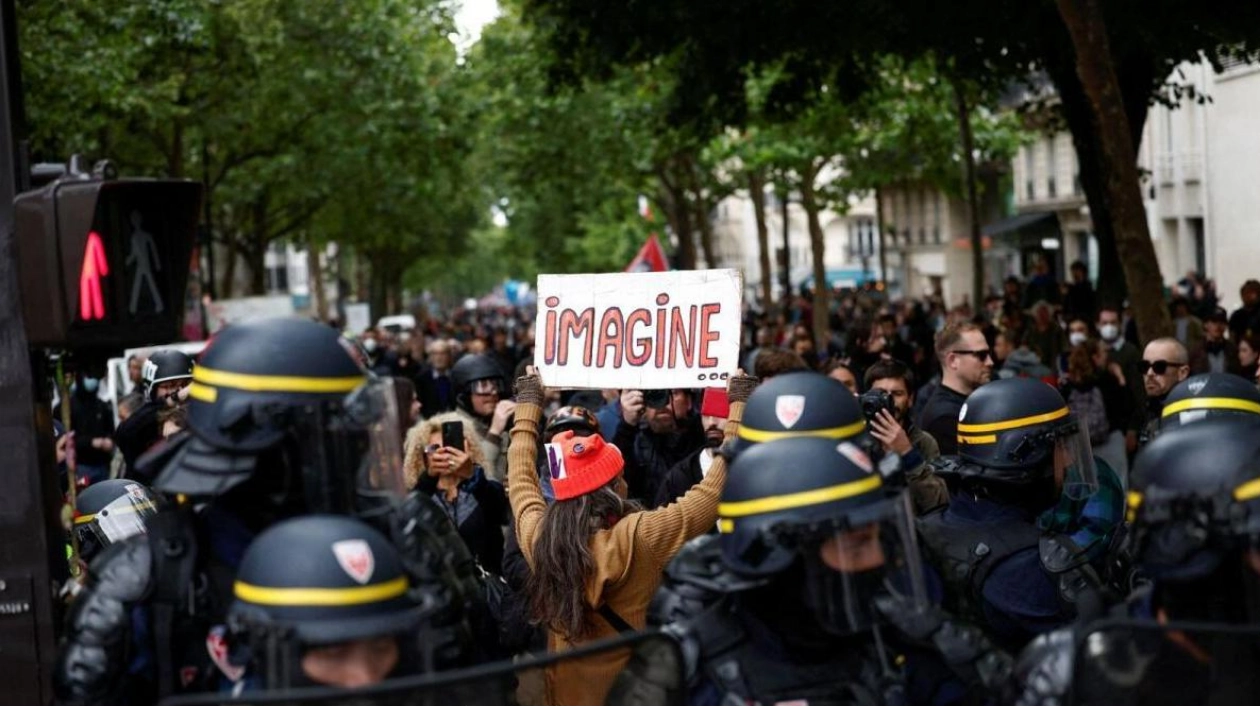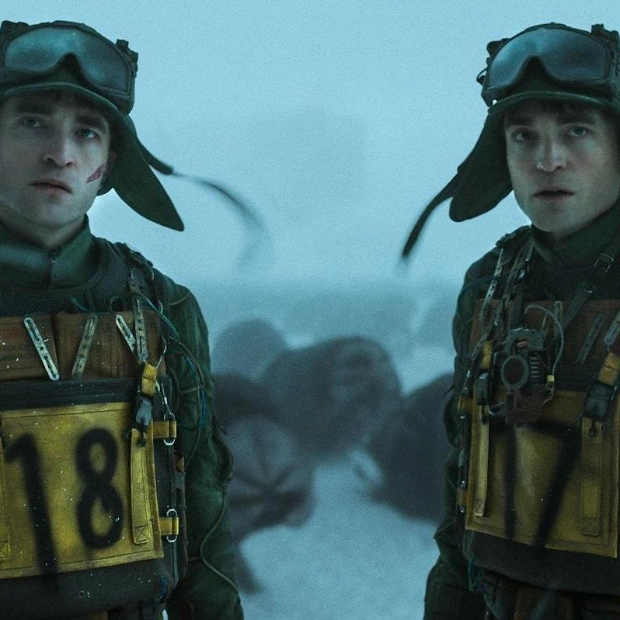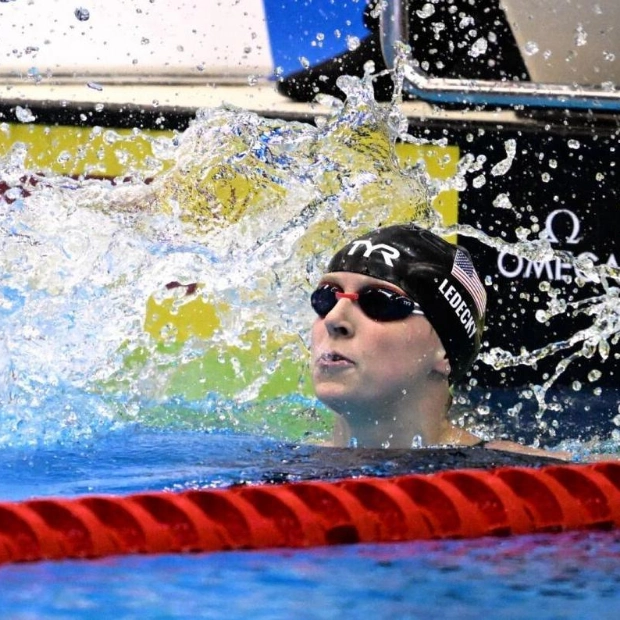Approximately 30,000 police officers will be stationed throughout France on Sunday evening, according to a minister, to prevent any disturbances following the high-stakes second round of a parliamentary election. This announcement came as two candidates reported being attacked during their campaigns. The outcome of Sunday's vote will decide if Marine Le Pen's far-right National Rally (RN) achieves a parliamentary majority for the first time and leads the next government in France, the euro zone's second-largest economy.
The campaign has been fraught with political tensions and violence. Government spokesperson Prisca Thevenot revealed that she and her team were assaulted by a group of young people on Wednesday night while posting campaign posters. Although Thevenot was unharmed, her deputy and a party activist were injured by the group of around 10 youths who were vandalizing campaign posters, as reported by Thevenot to Le Parisien newspaper. Marie Dauchy, an RN candidate in Savoie, also claimed to have been attacked by a market shopkeeper on the same day.
Interior Minister Gerald Darmanin stated that four individuals had been arrested in connection with the attack on Thevenot's team. Darmanin emphasized his cautious approach to security on Sunday evening when the election results will be declared. Out of the 30,000 police officers deployed, 5,000 will be in Paris and its vicinity, tasked with preventing both the radical right and left from exploiting the situation to incite chaos, as he explained on France 2 TV.
A poll released on Wednesday indicated that efforts by mainstream parties to prevent the far right from securing an absolute majority might succeed. The Harris Interactive poll for Challenges magazine predicted that the anti-immigration, eurosceptic RN and its allies would secure 190 to 220 seats in the 577-member assembly, while the centre-right Republicans (LR) would gain 30 to 50 seats. This could preclude the formation of a far-right minority government backed by part of the LR parliamentary group. The poll was issued after over 200 candidates from various political backgrounds withdrew their candidacies to support whoever was most likely to defeat the RN candidate in their district, a strategy known as the "republican front". Nonetheless, there remains considerable uncertainty about whether voters will support these efforts to block the RN.






